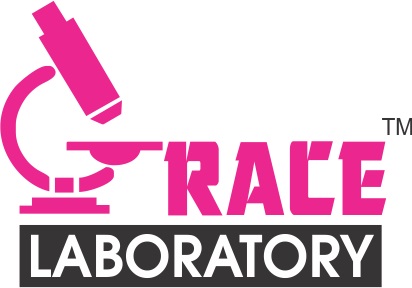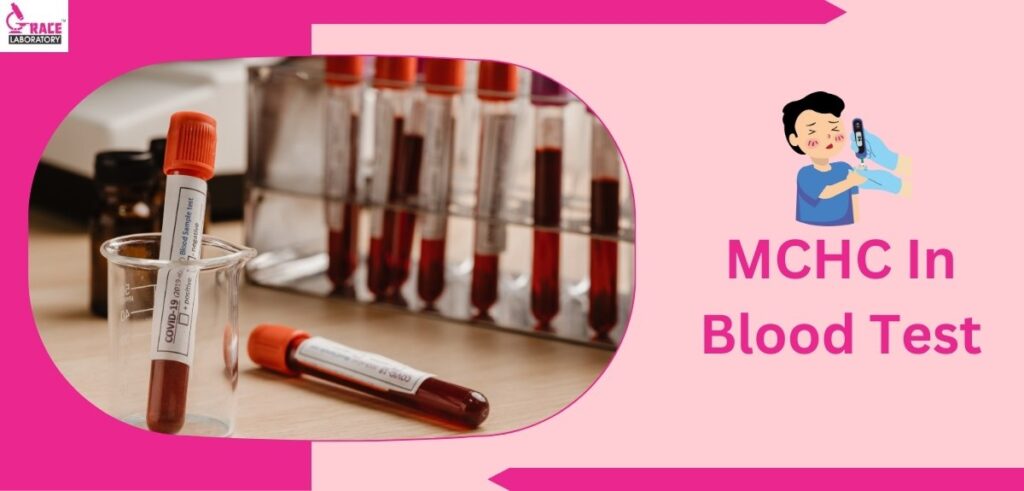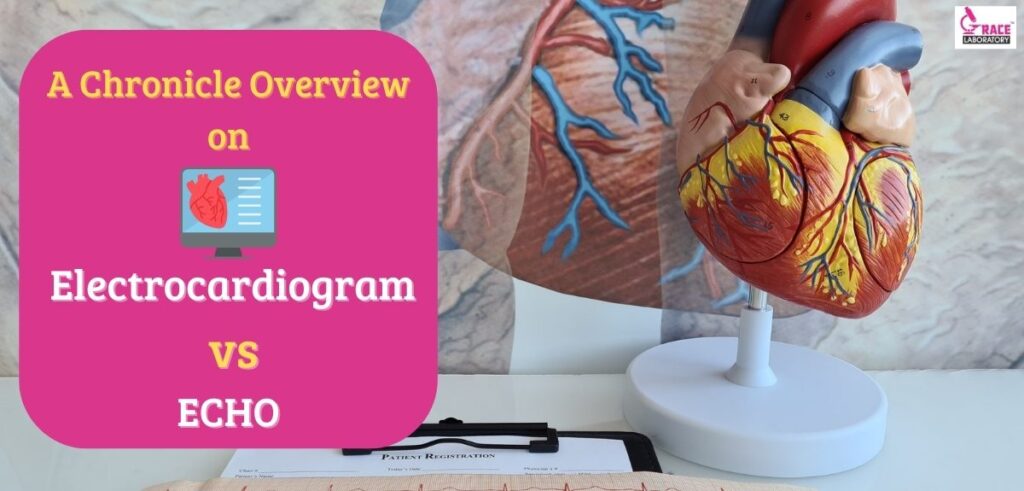The kidneys are the reddish-brown blood-filtering organs that are about 12 centimeters in length. They perform the natural- flushing process by removing the by-products and toxic-harmful products from the body. The organ is located at the upper and back sides of the abdomen with its complex structure. It is crucial to understand that Kidneys are an integral component of your well-being.
Some Bonafide Facts About Kidney- Our kidney filters about 200 quarts of blood fluid every day to keep your body’s electrolytes healthy. 198- 200 liters of fluid is like a large bathtub. Right now, it is estimated that over one lakh cases are reported for kidney failure in India.
Kidney Functions- The two bean-shaped pair of organs ( Kidney) plays an important role in maintaining the body’s dynamic homeostasis process that removes waste products and excessive fluid in the human body. The kidneys are called the powerful chemical factories that help to maintain the stable balance of body chemicals like sodium, calcium, phosphorus, and potassium. They maintain the body’s pH value by balancing the acid-base regulation.
How Kidney Works- Patients receiving a preemptive kidney( donated kidney) from a living donor can last 12- 20 years. The renal kidney disease end-stage is dialysis and kidney transplant. The blood enters the kidney through the significant vessels called renal arteries. Small( minute)blood vessels in the kidneys are responsible for the blood filtration. The large vein( inferior vena cava) carries the filtered blood back to the bloodstream. The pee produced by the kidney travels to the urinary bladder and gets released through urination.
Let us Turn Our Attention and explore the following important topics- In this article, we will spotlight on-
- Various Forms and Types of Kidney Disease,
- Chronic Kidney Disease Symptoms,
- Early Symptoms of Chronic Kidney Disease Symptoms,
- Highlighting Vadodara’s famous pathology center.
Please continue reading each paragraph below to explore the detailed and valuable information on each topic, aiming to achieve a much healthier life.
Various Forms and Types of Kidney Disease
There is no cure for chronic kidney disease and must be treated with dialysis and kidney transplant. A kidney that is damaged for at least 3 months can result in CKD conditions. This is classified into 5 stages that range from mild conditions to organ failure. GFR( Glomerular Filtration Rate) shows well your kidney is functioning and defines the creatine( waste product) amount in your body.
Stage 1 CKD- The GFR number is higher than 90 mL/ min.
Stage 2 CKD- The GFR number lies between 60- 80 mL/ min.
Stage 3 CKD- The GFR number falls in the range of 30- 44 mL/ min.
Stage 4 CKD– The GFR count is 15 to 29 mL/ min.
Stage 5 CKD- Less than 15 mL/ min stage needs dialysis or a kidney transplant.
Types of Kidney Disease- The two main types of Kidney disease are acute kidney injury(short-term disease) and chronic kidney disease( lifelong). It is important to measure your kidney functions to minimize the risk of developing a chronic disease in later life. Let us discuss this in detail to make you understand what these conditions mean for you.
- Acute Kidney Injury( AKI)- Kidneys are the seventh largest organ in the human body and acute kidney injury means the temporary loss of kidney functions. This condition can be cured; however, there is always some risk of developing CKD conditions.
- Chronic Kidney Disease( CKD)- This condition cannot be reversed and there will be a continuous decline in kidney function and the filtration process. This is a long-term condition that eventually deteriorates the ability to filter.
- Polycystic Kidney Disease (PKD)- This is an inherited disorder that develops in the kidney forming numerous cysts filled with fluid. PKD cysts pass from one parent to their child leading to kidney failure.
- Glomerulonephritis- This is another type of kidney disease that results in the inflammation of the glomeruli( cleaning unit of your kidney). The damage in the tiny blood vessels of the kidney leads to organ failure and serious health complications.
- Interstitial Nephritis- Acute Interstitial Nephritis is an underlying chronic condition due to an allergic reaction in the kidney’s tubules. This is a short-term disease that develops gradually and can lead to chronic tubulointerstitial nephritis if left untreated.
- Pyelonephritis- This is another type of kidney renal infection that damages the urinary tract system(the body’s drainage system). The formation of cystitis( inflammation of the bladder) caused by bacteria or viruses can lead to UTI( Urinary Tract Infection) and potentially escalate into sepsis( Septic Shock).
- Renal Cell Carcinoma- This is a serious disease that causes kidney cancer( renal cell cancer) usually diagnosed in elderly people between the ages of 50- 70 years. The abnormal growth of cells(tumors) can spread to other tissues of the body.
Causes of Chronic Kidney Disease- CKD conditions can develop in anyone at any age due to some underlying conditions and lifestyle factors. Some most common reasons that result in kidney failure or CKD conditions. The dangerous levels( elevated numbers) of waste material accumulated in the body can be caused due to high blood pressure, improper dietary habits, low red blood cells, smoking, obesity, old age, abnormal kidney strcuture, etc.
Early Symptoms of Chronic Kidney Disease Symptoms
It is important to recognize chronic kidney disease symptoms and warning signs to prevent health complications. This is a silent and unnoticed condition where the kidneys gradually lose their ability to function. Early detection and management can focus on management and slowing the progression of kidney damage. As we discussed end-stage kidney failure can lead to organ failure; therefore, let us quickly discuss chronic kidney disease symptoms along with the treatment.
How to Diagnose Chronic Kidney Disease Symptoms– There are several steps to diagnose chronic kidney disease symptoms and preserve your organ functioning as long as possible.
- You can book an appointment with a nephrologist expert and monitor your kidney health.
- Consult the healthcare physician if you feel constant tiredness and lack of energy despite having optimal( adequate) rest.
- It is advisable to consult the doctor if you notice swelling in the ankles, feet, and hands.
- Blood in your urine.
- Shortness of breath and frequent urination can indicate kidney issues.
Kidney Disease Treatment- Your healthcare provider will prescribe you proper medication and a kidney-friendly diet depending on the kidney problems. Moreover, considering the additional options, there are advanced treatments available like dialysis, hemodialysis, peritoneal dialysis, and kidney transplant if you have an end-stage kidney disease condition. Besides the medical treatments, you need to manage a healthy weight and your body’s blood pressure to have the best outcome possible.
Remember, you might not realize in the early stage of chronic kidney disease because the signs and symptoms are not very specific. Hence, it is important to consult your healthcare expert to control the progression of advanced chronic kidney disease conditions.
A Note From Vadodara’s Top-Rated Pathology Laboratory Clinic
Now that we have covered the importance of kidney function along with chronic kidney disease symptoms in the article above, let us shift our focus to understanding the comprehensive overview of why Grace Laboratory is one of the premier pathology centers of Vadodara. Chronic Kidney Disease ( CKD) is known as a “silent disease” that progresses very silently with no signs in the early stage and can get worse with time leading to cardiovascular disease, stroke, and kidney failure. Therefore, if you are noticing some warning signs and red flags of chronic kidney disease, it is important to consult the best healthcare professional to get a comprehensive medical plan with effective treatment.
Here are some leading points why Grace Laboratory is set apart from all the other pathology centers in Vadodara:-
- Reliable diagnostic services offer precise and accurate reports.
- The experienced doctors help you to take proactive measures and timely intervention to preserve your kidney health.
- The highlighted point about the Grace Laboratory is that the doctors provide a complete and exhaustive overview of various types of kidney disease with an appropriate and affordable treatment plan.
- The trusted brand guarantees a healthier and more fulfilling life with expert medical staff and leading-edge technologies.
- Please book your schedule with us immediately to prevent progressive kidney disease.
I hope the article was informative and offered comprehensive insights from covering everything about the various types of kidney disease, to chronic kidney disease symptoms and recommending the best top-rated pathology laboratory clinic in Vadodara. Gujarat.





